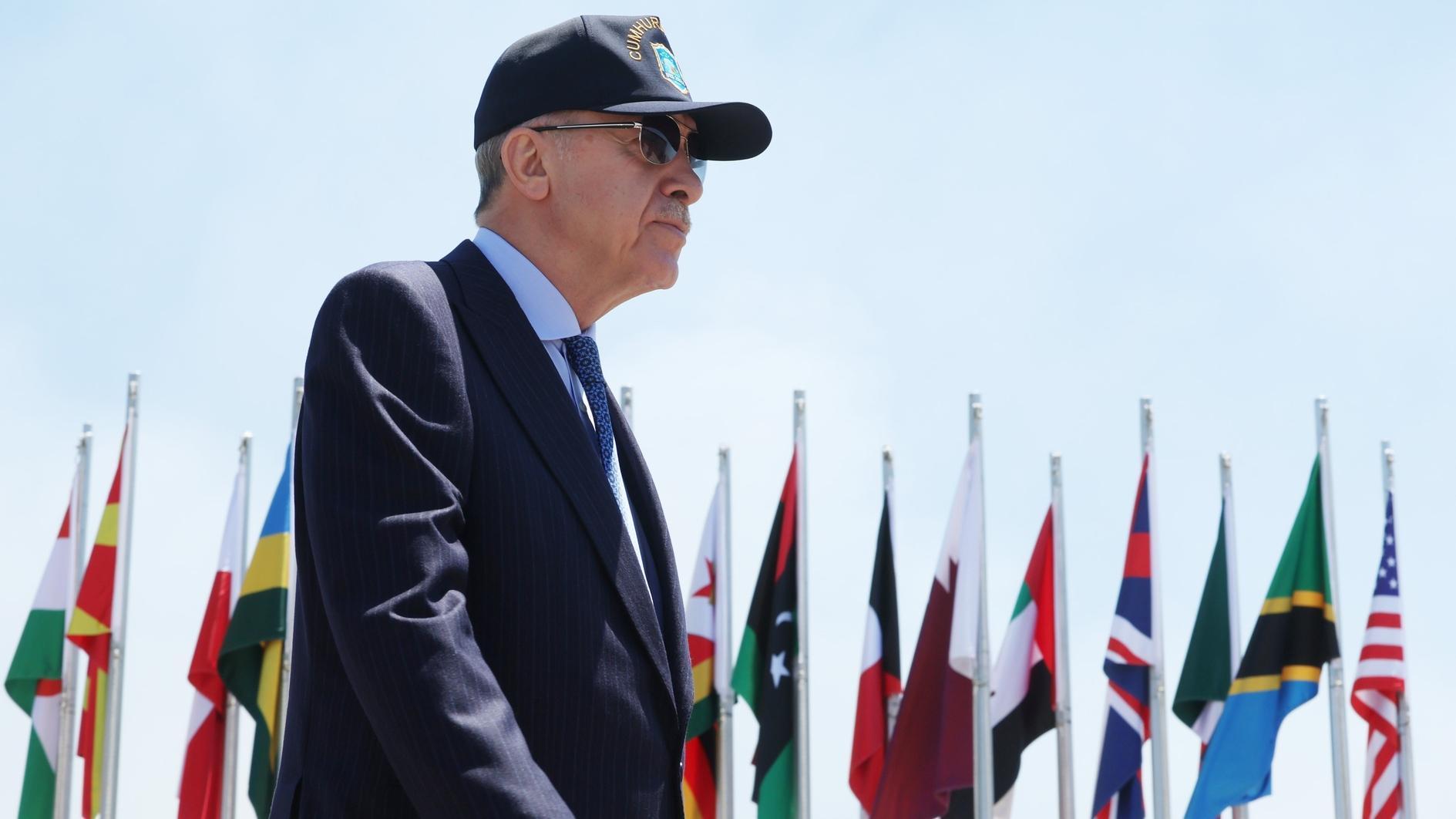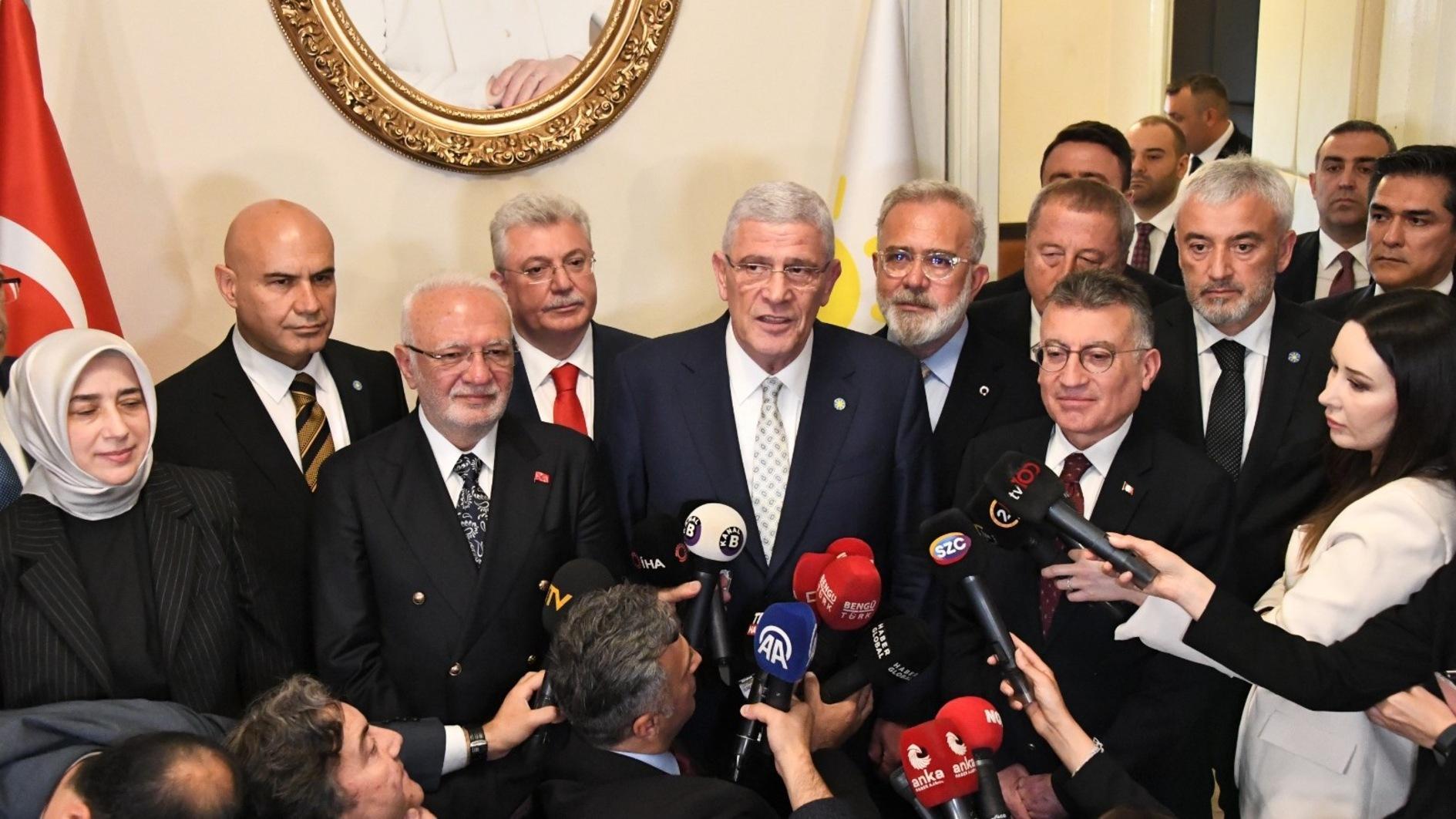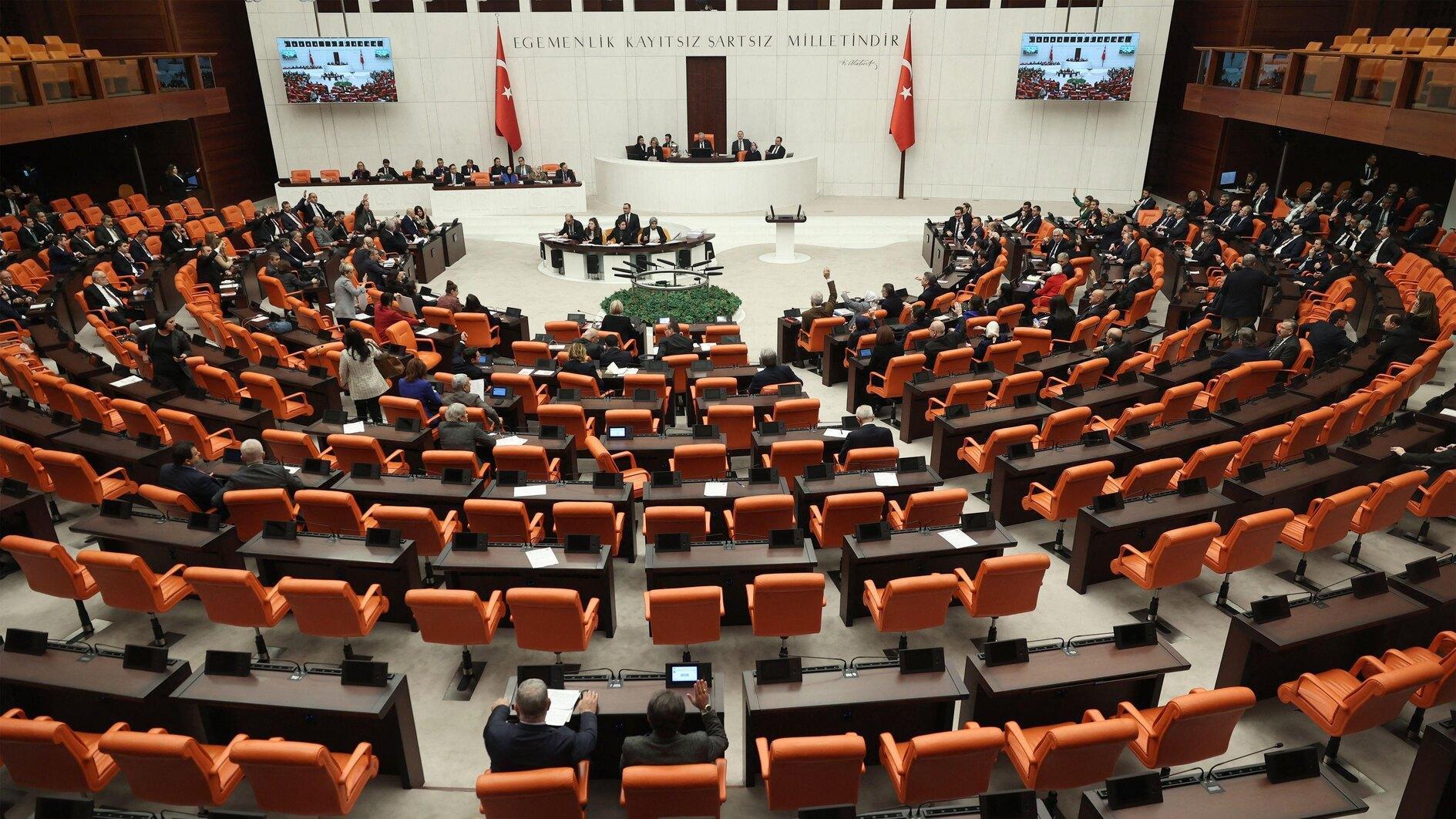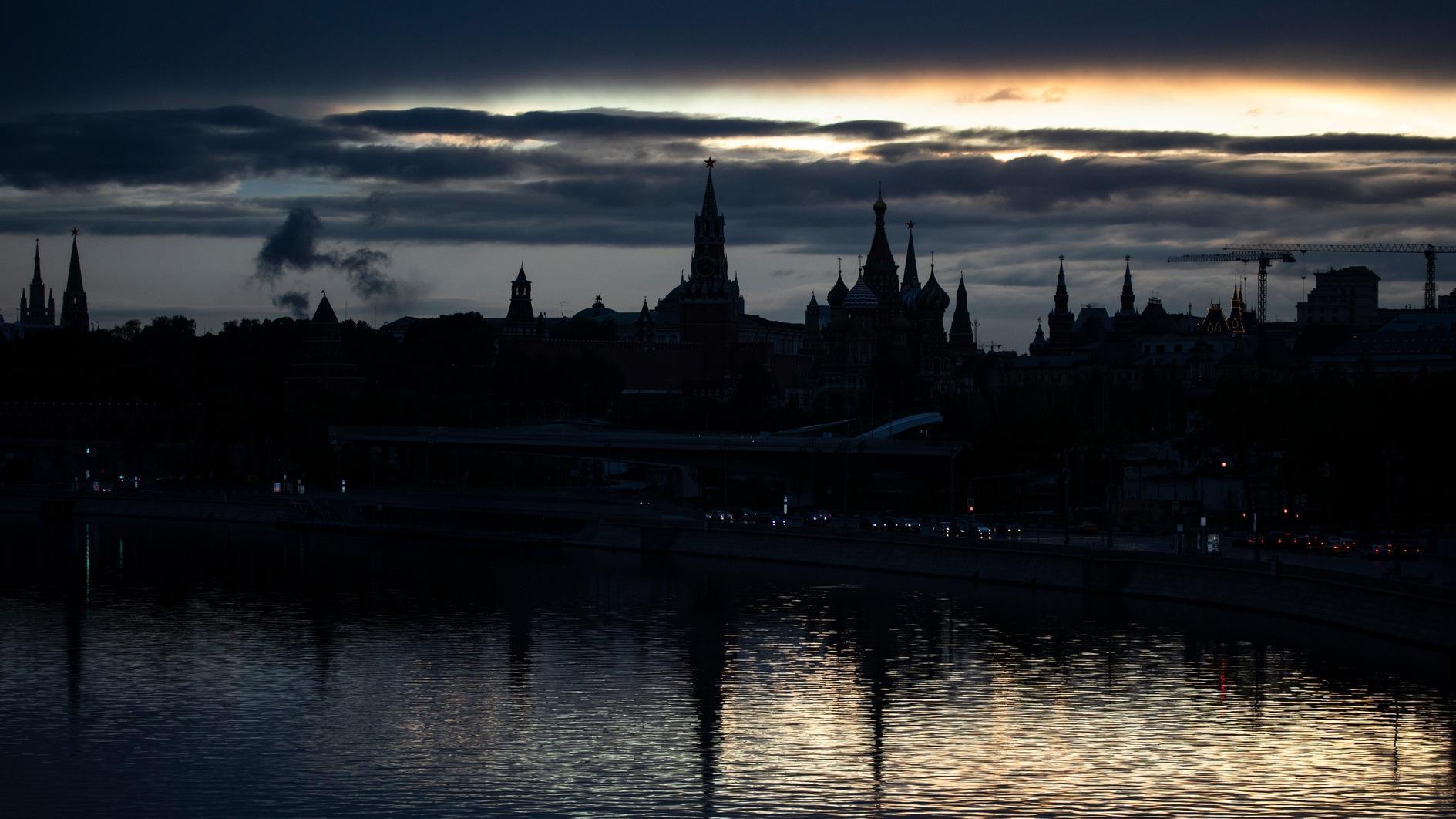Russia rains attacks on Ukraine's Kharkiv region after launching offensive
MOSCOW
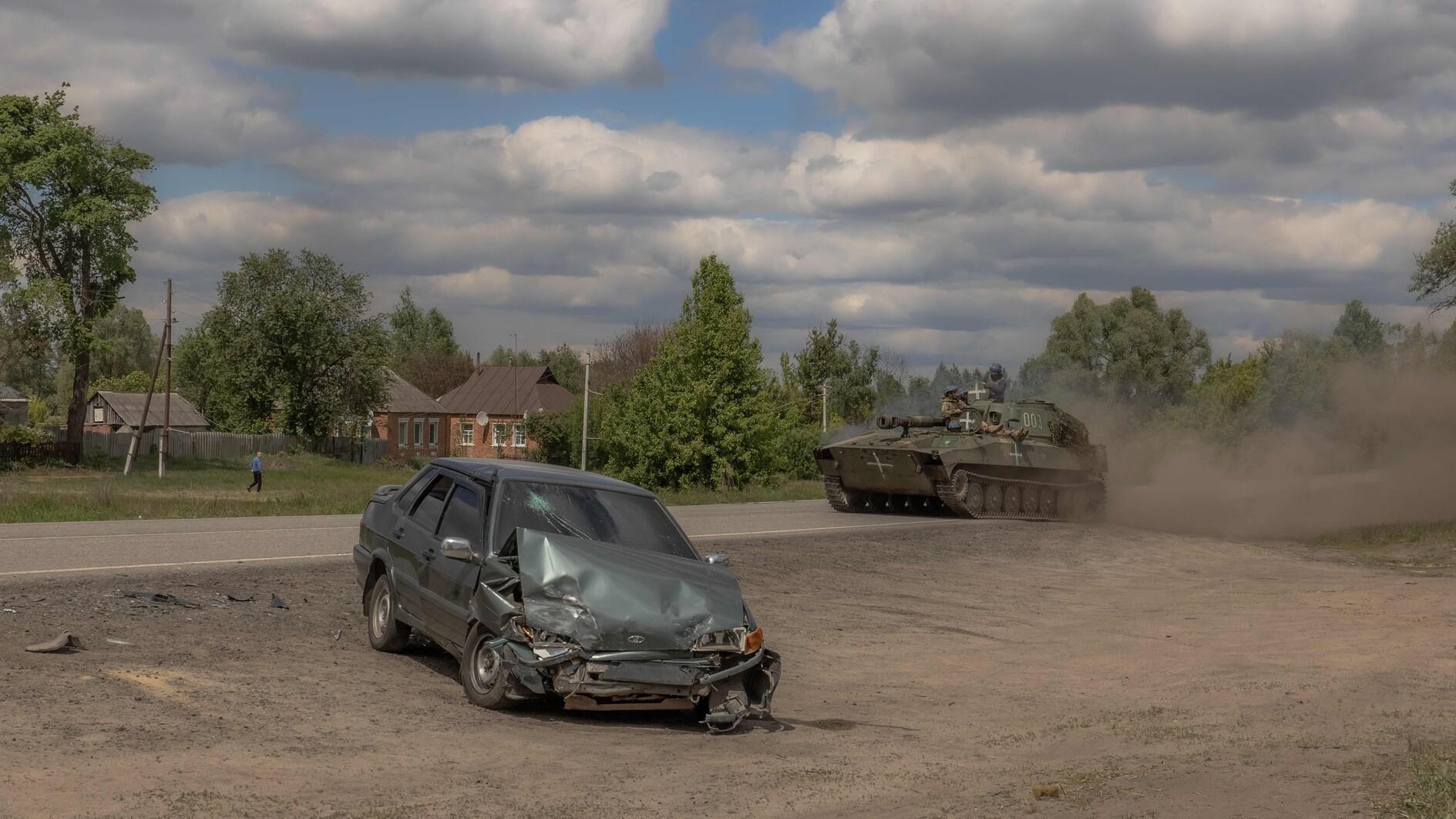
Russia on Monday pummelled more than 30 towns and villages in Ukraine's northeastern Kharkiv region after launching a surprise ground offensive over the border last week, the local governor said.
The Ukrainian army acknowledged Russia was "achieving tactical success" after the ground assault, which sparked the evacuation of almost 6,000 people.
Russia's defense ministry said its troops had "improved the tactical position and dealt a blow to (Ukrainian) manpower" around border villages, including Lyptsi, and the town of Vovchansk.
Russia began an offensive across the border into the Kharkiv region on Friday and later claimed to have taken several villages.
The situation in Kharkiv is "complex and dynamically changing", with Russian troops mounting assaults in various areas, Ukraine's army said.
Kharkiv regional governor Oleg Synegubov wrote on social media that over the last day, "more than 30" towns and villages "were struck by enemy artillery and mortar attacks", wounding at least nine people.
Some areas were also bombed by Russian aircraft, Synegubov said, adding that 5,762 people had been evacuated from their homes since the start of the offensive.
Russia "carried out 22 assaults" in five border areas on Sunday, 14 of which were still ongoing, the Ukrainian army said.
It reported fighting in the border town of Vovchansk, where Russia was deploying "significant forces", numbering up to five battalions.
Vovchansk, which previously had a population of 2,500 but now has only 200-300 residents, suffered "massive shelling" on Sunday, said Synegubov.
Ukraine separately launched drone strikes on western Russia, a security source in Kiev told AFP, hitting an oil terminal in the Belgorod border region and an electrical substation in the Lipetsk region.
Regional authorities in the Kursk border region of Russia said one woman had been killed and three others wounded when a drone struck several cars.
Kiev and Moscow have been targeting each other's energy infrastructure and Ukraine's generation facilities have been severely damaged.
Ukraine also struck the Lugansk region of eastern Ukraine under Russia's control, according to a Moscow-appointed official.
An industrial zone of the town of Sorokyne, known as Krasnodon in Russian, killed three and injured four, said Russia-appointed governor Leonid Pasechnik.
'Expanding' front line
In the Kharkiv region, "the grey zone and the front line are expanding" because Russia is "trying to deliberately stretch it, attacking in small groups in new directions", governor Synegubov said on national television.
The DeepState Telegram channel, which is close to the Ukrainian army, said Russia had taken territory measuring some 100 square kilometers (39 square miles).
Russia "continues to advance to Vovchansk", the channel said, adding: "They are gaining foothold on the outskirts for further entry into the town."
Russia was also advancing towards the border village of Lyptsi and trying to enter the nearby village of Glyboke, it said.
Ukraine was mounting "constant fire", including from drones, "but unfortunately it does not stop them".
The Russian defense ministry said troops had repelled Ukrainian counter-attacks near Glyboke.
Rybar, a Russian Telegram channel with military links, said Moscow's offensive led to territorial gains because troops took some villages where Russian soldiers already had a presence and others that were "deserted wastelands".
As of Monday morning, there were no "large-scale breakthroughs of the enemy's defences", Rybar said.
Ukrainian military said Russia was also shelling the Sumy and Chernigiv border regions further west.
Putin removes defense minister
Russian President Vladimir Putin on Sunday moved to replace defense minister Sergei Shoigu in a major shake-up to Russia's military leadership more than two years into its Ukraine offensive.
Putin proposed economist Andrey Belousov as Shoigu's replacement, according to a list of the ministerial nominations published by the Federation Council, Russia's upper house of parliament.
Despite a string of military setbacks in the first year of the campaign — including the failure to capture the Ukrainian capital Kiev and retreats from the Kharkiv and southern Kherson regions — Putin had stood by Shoigu until now.
That included when Wagner paramilitary chief Yevgeny Prigozhin launched a bloody insurrection last year calling for Shoigu's removal.
Explaining the timing of the decision, the Kremlin on Sunday said it needed the defense ministry to stay "innovative".
"The defense ministry must be absolutely open to innovation, to the introduction of all advanced ideas, to the creation of conditions for economic competitiveness," state media quoted Kremlin spokesman Dmitry Peskov as saying in a briefing on the appointments.
"The battlefield is won by whoever is more open to innovation," Peskov said.
"That is likely why the president has settled on the candidacy of Andrey Belousov," he added.
Belousov, who has no military background, has been one of Putin's most influential economic advisers over the last decade.
U.K. defense minister Grant Shapps said the Ukraine conflict had left more than 355,000 Russian soldier casualties under Shoigu's watch as well as "mass civilian suffering".


